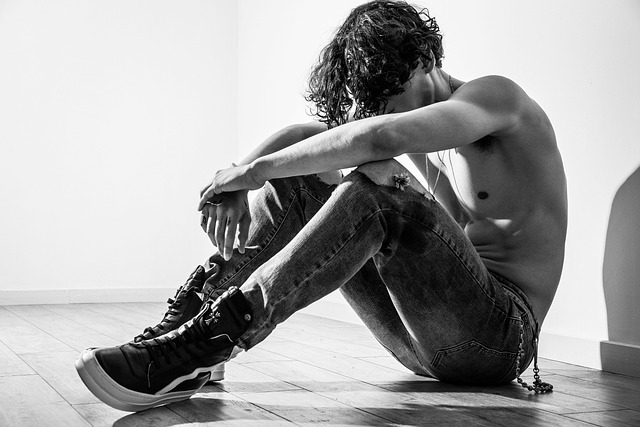The Impact of Racist Remarks: What Not to Say to White People (or Anyone)
In the vast human experiences, few things sting as sharply as being on the receiving end of a racial remark. Whether it’s the blatant racism that screams from headlines or the subtle, whispered biases that quietly burrow into our interactions, racism hurts. There’s a prevalent, albeit skewed, perception out there: that racism is primarily a weapon wielded against people of color.
But here’s a hard pill to swallow—prejudice doesn’t always follow the expected script. While countless people of color have endured, and continue to combat, deep-seated racial biases, it’s essential to recognize that white individuals aren’t immune to racially tinged barbs. This article isn’t a contest of “who has it worse.” Instead, it’s an exploration, an attempt to shed light on the lesser-discussed side of racism, hoping to build bridges of understanding and empathy.
The Myth of “Reverse Racism”
“Reverse racism“—a term you might have come across in heated debates or hush-hush conversations. What is it? In essence, it’s a term coined to describe acts of discrimination against majority groups, often used in the context of white individuals. Here’s the catch: racism, whether in reverse or forward, is just…racism. It’s all harmful. It’s all damaging. And it all needs to stop.
Common Racist Remarks and Their Impact
Navigating the landscape of casual conversations, you might stumble upon statements that, at first glance, might seem benign. Remarks like, “You wouldn’t understand; you’re white,” or “Why do you sunbathe? You’re already pale enough!” are woven so intricately into our societal fabric that we sometimes miss their undertones.
Imagine being told your perspective is invalid solely based on your skin color. Or having your experiences belittled and dismissed because of assumptions tied to whiteness. These comments often stem from a misguided place, perhaps even a misplaced attempt at humor, but their implications run deep.
Each such comment chips away at an individual’s identity, reducing them to a mere stereotype. The pain isn’t always in the blatant negativity but in the silent erasure of one’s unique experiences and emotions. Suddenly, one’s struggles, joys, and stories are overshadowed by the weight of a single, simplistic label: “white.”
While these remarks might not carry the same historical baggage as racial slurs targeting people of color, they’re not void of harm. Dismissing the experiences of white individuals based on stereotypes perpetuates a cycle of misunderstanding and division. Each time we generalize, make assumptions, or belittle, we further the gap of disconnect.
But here’s the heartening bit: recognition is the first step towards change. By acknowledging and understanding the weight these comments carry, we’re laying the first brick on the path to a more inclusive, empathetic world.
The Consequences of Stereotyping
All Asians are good at math. All Latinos are fiery. All white people have never faced hardship. Sound familiar? These stereotypes, though widespread, are not only untrue but also detrimental. By placing individuals in boxes based on their race, we’re negating their unique experiences, struggles, and stories.
Why “It’s Just a Joke” Isn’t an Excuse
Humor is subjective, no doubt. But when a chuckle comes at the cost of someone’s dignity, it’s time to reassess. Brushing off racially tinged comments as “just jokes” is a way of dismissing genuine hurt and concerns. Remember, a joke that derives its humor by belittling an entire race isn’t really a joke—it’s a reflection of deep-rooted biases.
Empathy and Understanding: The Path Forward
There’s a beautiful saying: “Empathy is seeing with the eyes of another, listening with the ears of another, and feeling with the heart of another.” As we navigate through our multicultural world, let’s carry this mantra with us. By understanding and respecting the diverse tapestry of experiences and emotions, we take a step closer to a world free from racial prejudices.
Encouraging Open Conversations
Change starts with a conversation. Encourage them, foster them, and most importantly, participate in them. It’s only when we share our stories, our perspectives, and our feelings that we can hope to dismantle age-old biases. Listen actively, speak thoughtfully, and always, always strive to learn.
Conclusion: The Shared Responsibility
Building a world free from racial biases isn’t the job of a select few. It’s on all of us. It’s in the comments we make, the laughs we share, and the values we instill. As we move forward, let’s make a collective commitment—a commitment to think, reflect, and most importantly, to care. Because at the end of the day, we’re all part of this vast human family. And families? They look out for each other.




